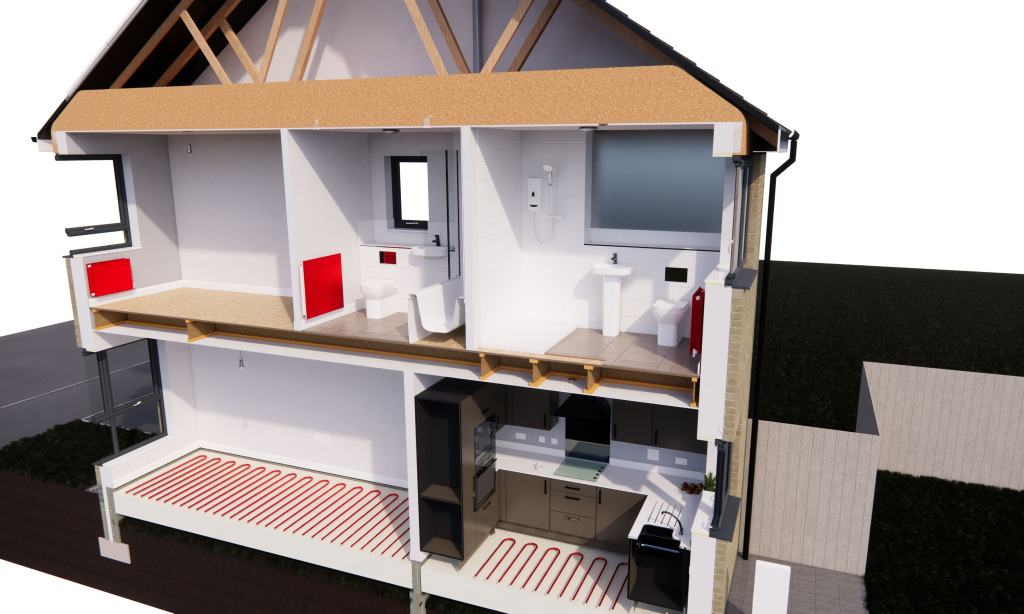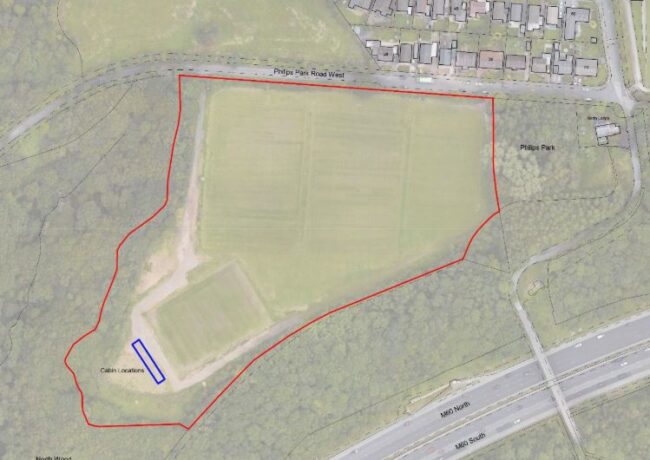Bellway brings sustainable homes to Bolton
Part of its Future Homes initiative, the housebuilder will deliver four test houses equipped with technological innovations designed to improve energy efficiency in the borough.
Features of the test houses include solar panels and air source pumps, which run on electricity instead of conventional gas boiler systems.
Energy efficiency measures will be taken such as thicker insulated roofs, triple-glazed windows, and smartphone-controlled underfloor heating loops.
The pilot homes will be built as part of Bellway’s Barton Quarter development off Chorley New Road in Horwich, which will see the Bellway create a total of 317 houses.
The Barton Quarter development is part of the wider £262m redevelopment of the Horwich Loco Works, a 1,700-home masterplan area.
Jamie Bursnell, group technical and innovations manager for Bellway, said: “The delivery of these eco homes in Greater Manchester forms part of the next stage in the national rollout of our Future Homes scheme.
“This project is central to our carbon reduction programme, which is one of three key priorities of our Better with Bellway strategy – a company-wide commitment to responsible and sustainable practices, launched in March 2022”, he continued.
“Bellway is proud to be at the vanguard of this exciting research to try to identify innovative, efficient, and scalable practices, which will help meet net zero carbon targets.”
Plans for Barton Quarter are part of an expanding project to deliver sustainable homes across Greater Manchester.
Outside the North West, the company is also currently building four eco homes in Callerton, near Newcastle, and is set to deliver a further five in Stafford.
Bursnell said: “The construction of these new homes in Bolton, Newcastle, and Stafford is being complemented by research from our Future Home initiative at the University of Salford’s Energy House 2.0 facility.
“Bellway has built a fully-functioning three-bedroom house inside a giant chamber which can reproduce varying climate conditions, with temperatures ranging from -20C to +40C”, he continued.
“Energy House 2.0 will test innovations in building materials, recovering heat from wastewater, storing solar energy, double versus triple glazing, and the use of different heating systems including air source heat pumps.”
Learn more about the green agenda across the region. Book your Sustainability in Practice ticket.




